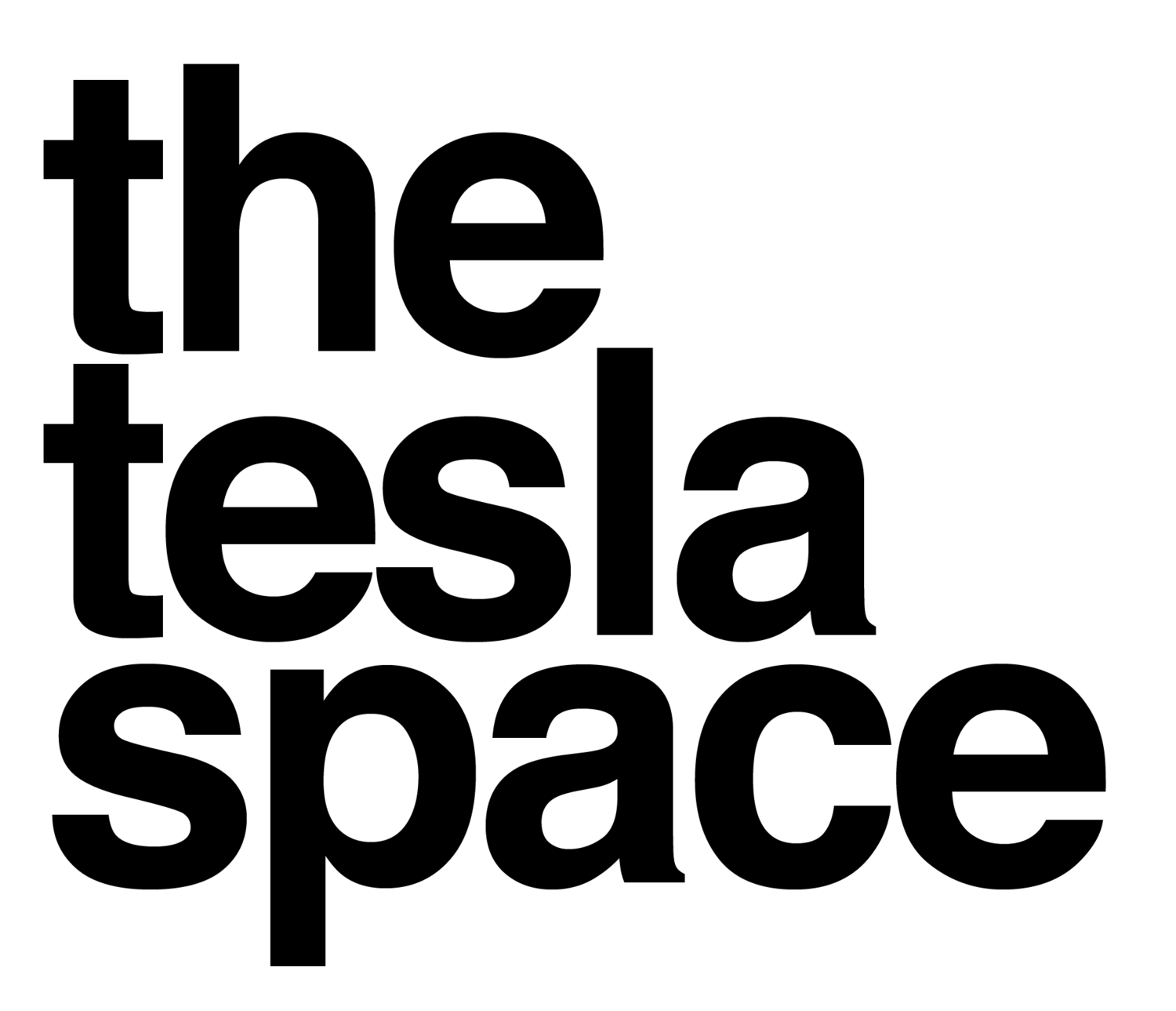Dojo Supercomputer Sparks Lawsuit
Tesla seems to have a bit of a problem with attracting tech thieves. A recent lawsuit filed by the tech company against former employee Alexander Yatskov claims the engineer stole trade secrets regarding Tesla’s Dojo supercomputer.
Yatskov was hired as a thermal engineer and was assigned to the Dojo project to work on cooling for the computer. Not long after, Tesla claims, Yatskov was caught downloading sensitive information about Dojo onto his personal computer, and was placed on administrative leave on April 6th.
After requesting his personal laptop so that the data could be recovered, Tesla claims Yatskov then brought the company a “dummy laptop” loaded with inoffensive data. Yatskov resigned on May 2nd.
Teals is seeking “compensatory and exemplary damages and an order that would stop Yatskov from disseminating its trade secrets and direct him to return all proprietary data.”
And this is just the latest in a spree of suits against alleged thieves of Tesla Tech.
In April 2020, Tesla accepted a settlement with Zoox, Inc and several former employees who allegedly took several documents filled with trade secrets about Tesla’s logistics systems for their self-driving vehicles.
Then, later that same month, Tesla made new filings in a suit from 2019 against Chinese EV startup Xpeng, claiming the company had stolen their Autopilot source code. Apparently a former Autopilot engineer Guangzhi Cao left Tesla and joined Xpeng’s autonomous team. This mirrors an ex-Apple engineer who joined Xpeng at around the same time under similar circumstances.
And then there’s the suit against EV maker Rivian, and some former employees who may have offloaded some trade secrets about Tesla’s battery tech. Rivian’s consistently been shadowing Tesla’s moves - announcing they plan on building their own fast-charging network, their own network of service outlets, and so on - but this claim is much more serious. Tesla alleges that several former employees were encouraged by Rivian to bring Tesla documents with them when they were hired. Tesla believes these documents mostly pertain to their battery tech.
Theft is nothing new in the world of industrial espionage; and Tesla’s place at the top of many high-tech industries was always bound to get them this sort of treatment. These suits might take some time to resolve - if they ever do - but it’s unlikely Tesla will be free from having to defend it’s intellectual property any time soon.


